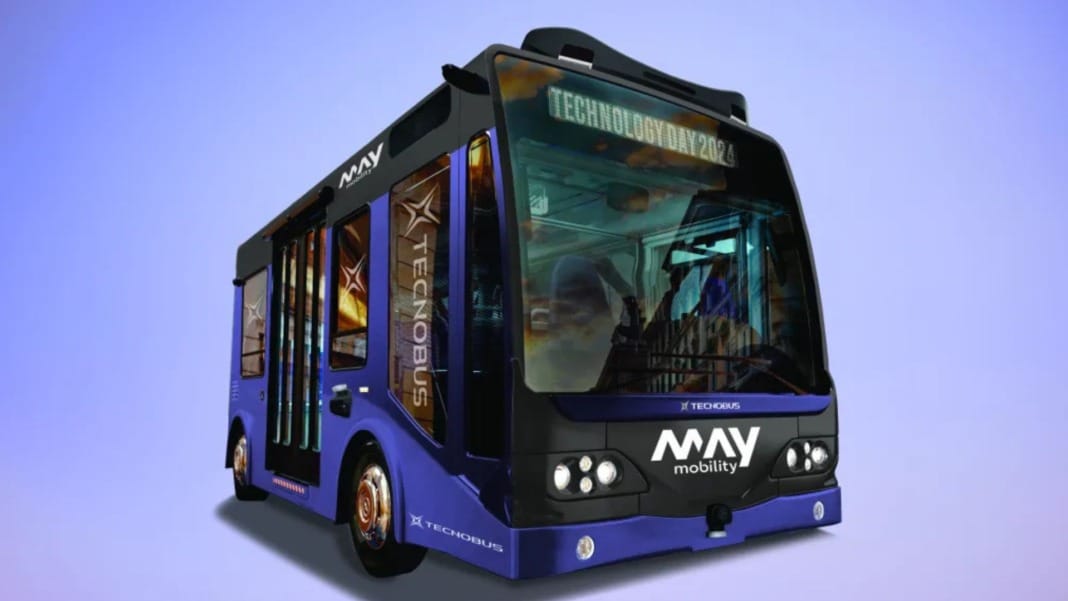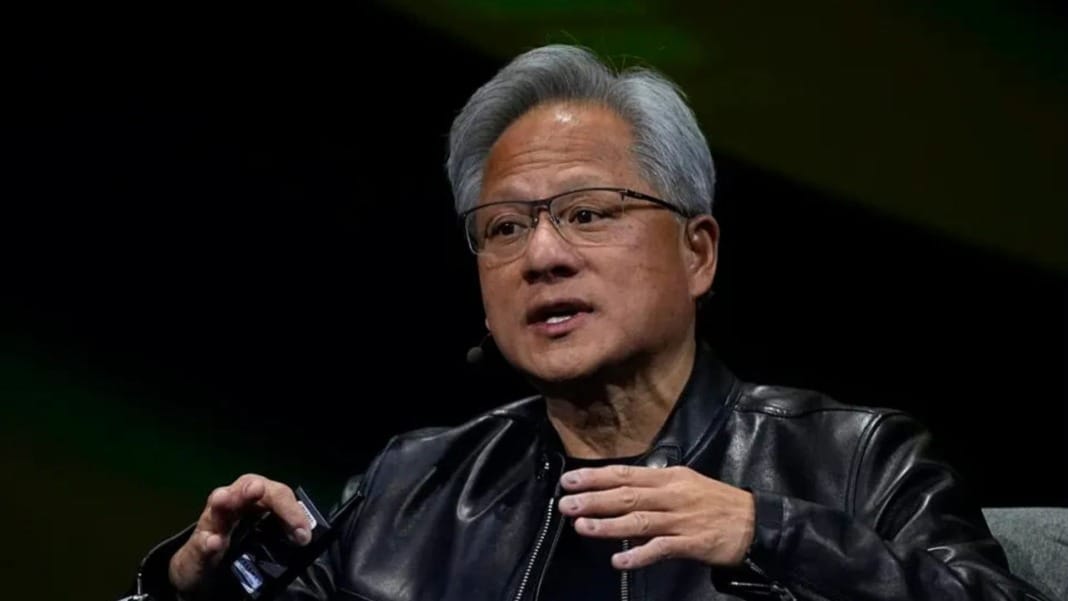May Mobility, an autonomous vehicle technology company based in Ann Arbor, Michigan, has introduced its latest innovation at CES 2025: an electric, autonomous minibus developed in collaboration with European electric bus manufacturer Tecnobus. This marks a significant step forward for May Mobility as the company expands its portfolio of autonomous vehicles.
Designed for urban and specialised transport
The newly unveiled Tecnobus minibus can carry up to 30 passengers, including wheelchair users, making it ideal for urban transit, corporate campuses, airports, and planned communities. One of the standout features of this vehicle is its swappable battery system, which ensures minimal downtime for recharging, keeping operations efficient.
May Mobility plans to integrate these minibuses into its fleet by late 2026, complementing its current lineup of 40 retrofitted Toyota Sienna minivans. These Siennas, equipped with May’s proprietary self-driving software and hardware, can accommodate up to eight passengers and are currently deployed for on-demand and fixed-route services.
Notably, the Tecnobus minibus has already received approval for use in Europe and Canada, signalling May Mobility’s ambitions to expand its operations internationally.
Expanding global presence
May Mobility’s current services span several locations across the United States, including Arlington, Texas; Detroit, Michigan; and Grand Rapids, Minnesota. The company operates shuttle services in these areas with a driver present to oversee operations.
On the international front, May Mobility has a notable presence in Japan. The company has partnered with telecom giant NTT to license its autonomous vehicle technology for a pilot programme in Nagoya. Additionally, active deployments are ongoing in major Japanese cities such as Tokyo and Fukuoka, demonstrating the company’s growing global footprint.
In its hometown of Ann Arbor, May Mobility recently launched a small-scale driverless shuttle initiative. This trial programme aims to evaluate the performance and reliability of its autonomous technology without a human driver in the front seat, marking a significant milestone in its journey toward fully autonomous public transport.
Plans and challenges
While May Mobility has not disclosed the exact number of Tecnobus vehicles it plans to add to its fleet, the announcement at CES 2025 indicates a clear intention to scale up its operations. Questions remain about which specific markets will see the first deployments of these minibuses. Still, the company’s focus on urban transit and planned communities suggests a broad range of potential applications.
By integrating the Tecnobus minibus into its fleet, May Mobility aims to redefine public transportation with an emphasis on accessibility, efficiency, and sustainability. As the autonomous vehicle industry continues to grow, May Mobility’s advancements could play a pivotal role in shaping the future of urban mobility.





